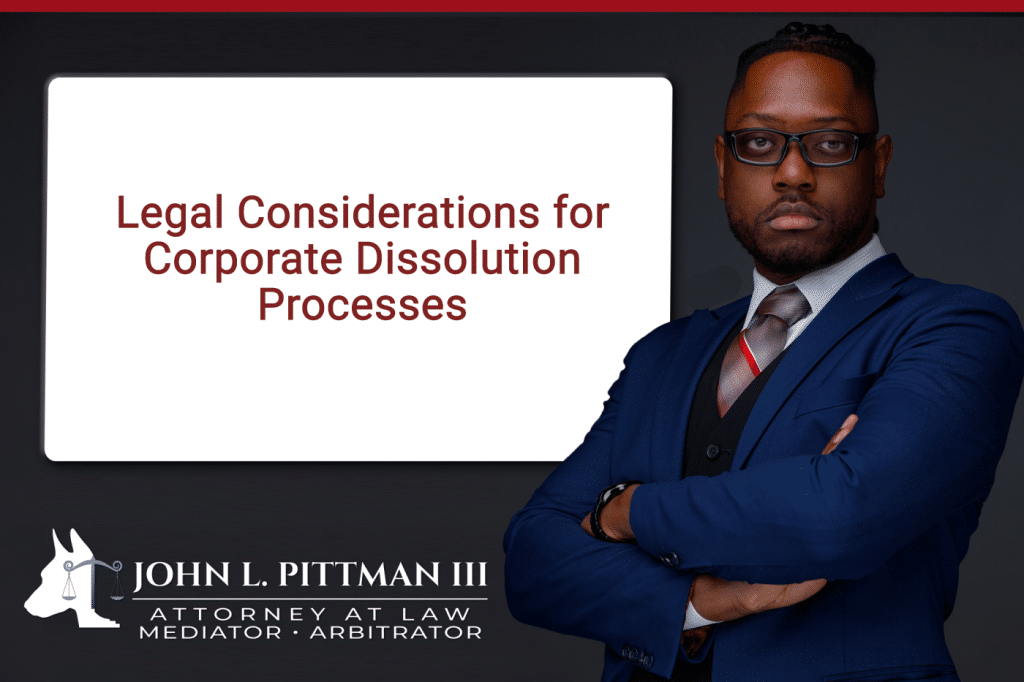Corporate dissolution is a daunting process for business owners, often arising from personal, financial, or operational challenges. This decision, while sometimes necessary, carries significant legal implications and emotional weight. Understanding the complexities involved in corporate dissolution can alleviate some stress and help navigate this transition more smoothly. This article explores the legal considerations surrounding corporate dissolution, providing insights into the importance of careful planning and adherence to regulations throughout the process.
Background on Corporate Dissolution
Corporate dissolution refers to the formal process of closing a corporation, which can occur voluntarily, through board decisions, or involuntarily due to legal issues or financial distress. For example, a small business owner may choose to dissolve their business voluntarily after failing to achieve profitability. Alternatively, a corporation might face involuntary dissolution when it is unable to comply with state regulations, leading to a loss of its legal status. Understanding the implications and processes of corporate dissolution is vital for safeguarding personal assets and ensuring compliance with legal obligations.
Importance of Corporate Dissolution
The consequences of corporate dissolution extend far beyond the paperwork involved. It can deeply impact business owners, employees, and stakeholders. The protection of personal assets is a critical concern; if dissolution is not executed properly, owners may find themselves liable for business debts, risking personal finances. Additionally, employees face uncertainty, as their jobs and livelihoods are directly affected by a company’s closure.
- Scenario 1: A business fails to file articles of dissolution correctly, risking personal liability for debts.
- Scenario 2: Employees are not informed about the dissolution and suffer financial distress due to sudden job loss.
- Scenario 3: Creditors pursue personal assets if the dissolution process is mishandled, causing severe financial distress for owners.
These scenarios underscore the importance of meticulous planning and effective communication throughout the dissolution process.
How Corporate Dissolution Is Handled in Houston
- Step 1: Begin with a board resolution to approve the dissolution.
- Step 2: Notify state authorities by filing the appropriate dissolution forms.
- Step 3: Inform creditors, settle debts, and distribute remaining assets to shareholders.
Best Practices for Effective Corporate Dissolution Management
Common Questions About Corporate Dissolution in Houston
How John L. Pittman Law Firm Assists Clients
At John L. Pittman Law Firm, we understand that corporate dissolution can be an emotional and complex process. Our experienced team provides comprehensive legal support, guiding clients through each step from the initial decision to the final distribution of assets. We offer personalized strategies tailored to individual business needs, ensuring compliance with all legal requirements. Our goal is to relieve the burden during this challenging time, providing peace of mind as you navigate your business’s end.

